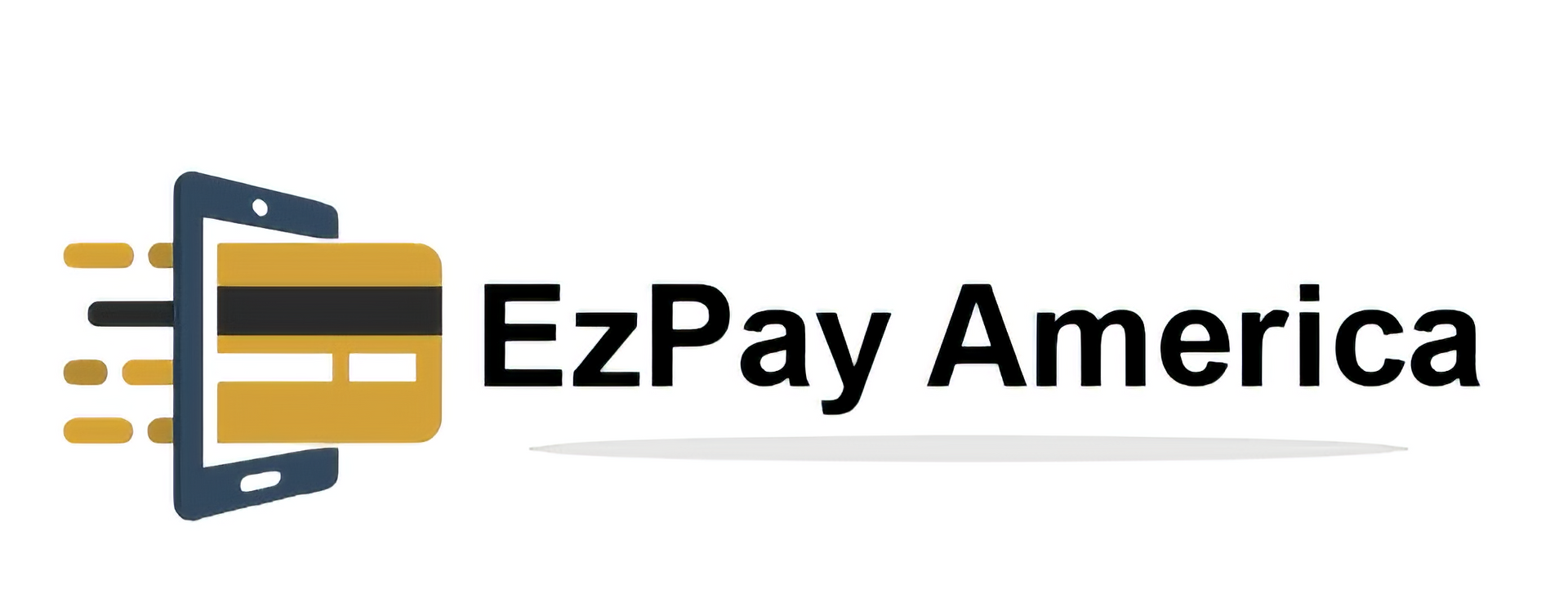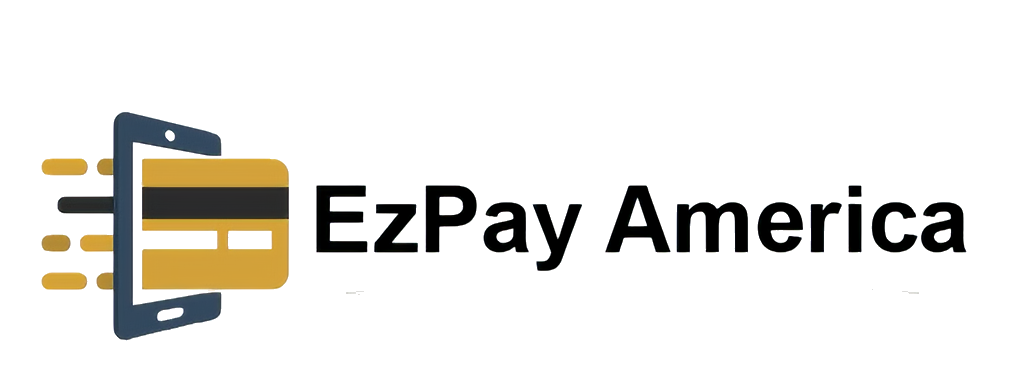What Is A Basis Point In Payment Processing?

A basis point is a unit of measurement used in payment processing that represents one-hundredth of a percentage point. It is commonly used in the financial industry to express differences in interest rates, yields, and fees.
In payment processing, a basis point is often used to describe the fees charged by payment processors to merchants for each transaction processed. For example, if a payment processor charges a fee of 2.5% + 10 basis points for each transaction, it means that the merchant will be charged 2.5% of the transaction amount plus an additional 0.1% (10 basis points) of the transaction amount.
Basis points are important because they allow for precise measurements and comparisons between different fees and rates. For example, a difference of 50 basis points in two different fees may not seem significant at first glance, but it can add up to a substantial amount over time.
In summary, a basis point is a unit of measurement used in payment processing to represent one-hundredth of a percentage point. It is commonly used to express differences in fees and rates.
Top 3 Authoritative Reference Publications or URLs:
1. Investopedia - "Basis Point (BPS)" - https://www.investopedia.com/terms/b/basispoint.asp
2. The Balance - "What Is a Basis Point?" - https://www.thebalance.com/what-is-a-basis-point-4163879
3. NerdWallet - "What Is a Basis Point?" - https://www.nerdwallet.com/article/investing/basis-point
OUR RELATED ARTICLES

EzPay America
Copyright © 2021 EzPay America All Rights Reserved
All Trademarks, Service Marks and Trade Names Referenced on this website are the property of their respective owners.
Sitemap
Services
Contact Us
Monday-Friday 9am-5pm
108 S Hall Rd Unit 823
Alcoa TN 37701
Privacy Policy | Terms Of Use | Disclaimer | Cookie Policy | EULA | Shipping | Returns | Acceptable Use | Information Security Policy | Do Not Sell My Info | Limit The Use Of My Sensitive Personal Info










